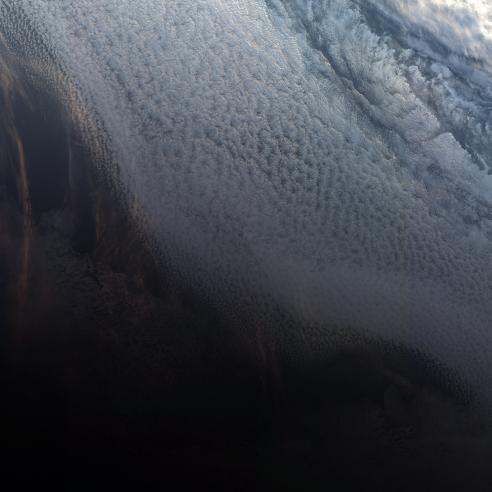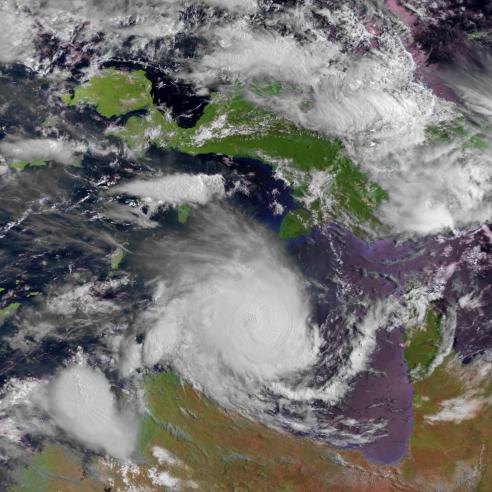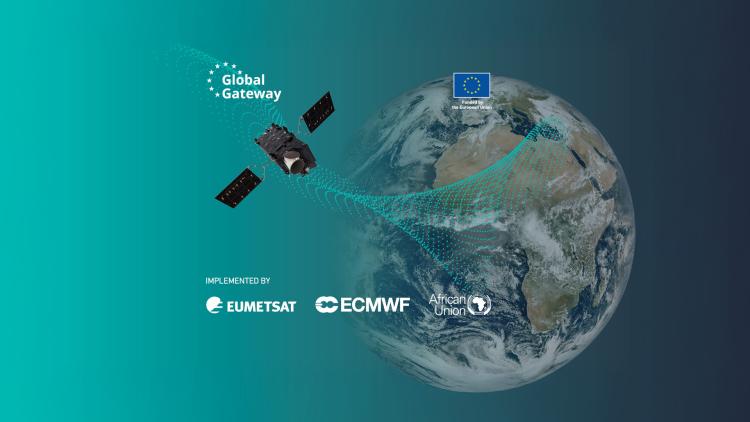28 November 2023
24 April 2023
The CGMS came into being on 19 September 1972. The group was established by Japan, the USA, and the World Meteorological Organization (WMO), in order to find common ground on geostationary meteorological satellite programmes.
Since then, the CGMS has evolved to cover operational and research and development satellite programmes in low-Earth orbit which are expected to be complemented by satellites on highly elliptical orbits in the future. This ensures that the users of data from these missions can easily receive, retrieve and use the data and products for improved weather forecasting, climate monitoring and other applications.
Now, the CGMS is constituted by the WMO and the Intergovernmental Oceanographic Commission – UNESCO, representing the global meteorological and ocean data user communities, together with space agencies, forming the observational backbone of the WMO Global Observing System.
Objective
The CGMS’s goal is to globally coordinate operational and research and development satellite systems for meteorology, oceanography, climate and space weather.
This includes protection of in-orbit assets, contingency planning, improvement of the quality of data, support for data users, facilitation of shared data access and development of the use of satellite products in key application areas. The potential contribution of artificial intelligence and machine learning to these application areas also is a field of interest.
Main activities
The CGMS coordinates activities from end-to-end - from user requirements to delivery of services - through development of multilateral cooperation between weather, ocean, climate and environment satellite operators and with the data user community, in particular the WMO and the Intergovernmental Oceanographic Commission - UNESCO.
The CGMS has endorsed the space-based observing system component of the Vision for WIGOS (WMO Integrated Global Observing System).
In 2005, the CGMS space agencies, together with the WMO, established the Global Space-based Inter-Calibration System (GSICS), an international collaboration group to monitor, improve and harmonise data quality from operational environmental satellites for climate monitoring and weather forecasting.
The CGMS also developed the Virtual Laboratory for Training and Education in Satellite Meteorology (VLab), a global network of specialised training centres and meteorological satellite operators working together to improve the utilisation of data and products from meteorological and environmental satellites.
In 2010, the CGMS and the Committee on Earth Observation Satellite (CEOS) created the joint CEOS-CGMS Working Group on Climate.
Our role
With the launch of the first European meteorological satellite in 1986, EUMETSAT joined the CGMS in 1987 and has since been its permanent Secretariat. The CGMS Secretariat represents CGMS members in international bodies such as the WMO Congress and Executive Council, the Space Frequency Coordination Group and the Group on Earth Observation.
For more information, please visit the CGMS website.










